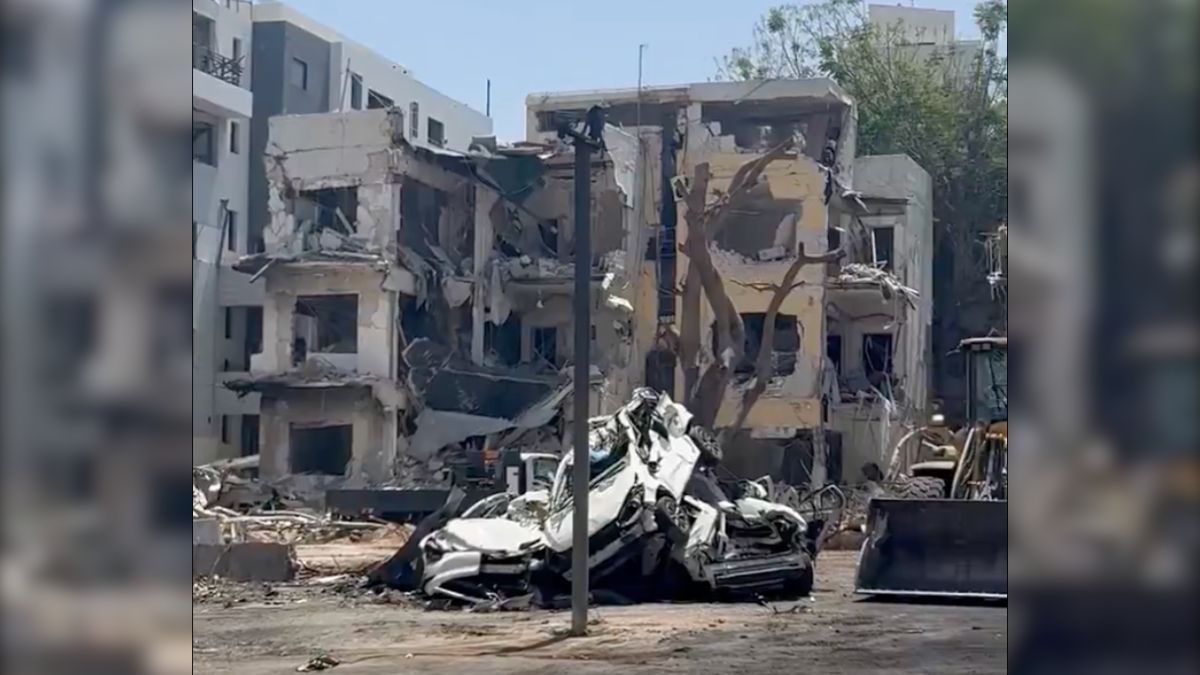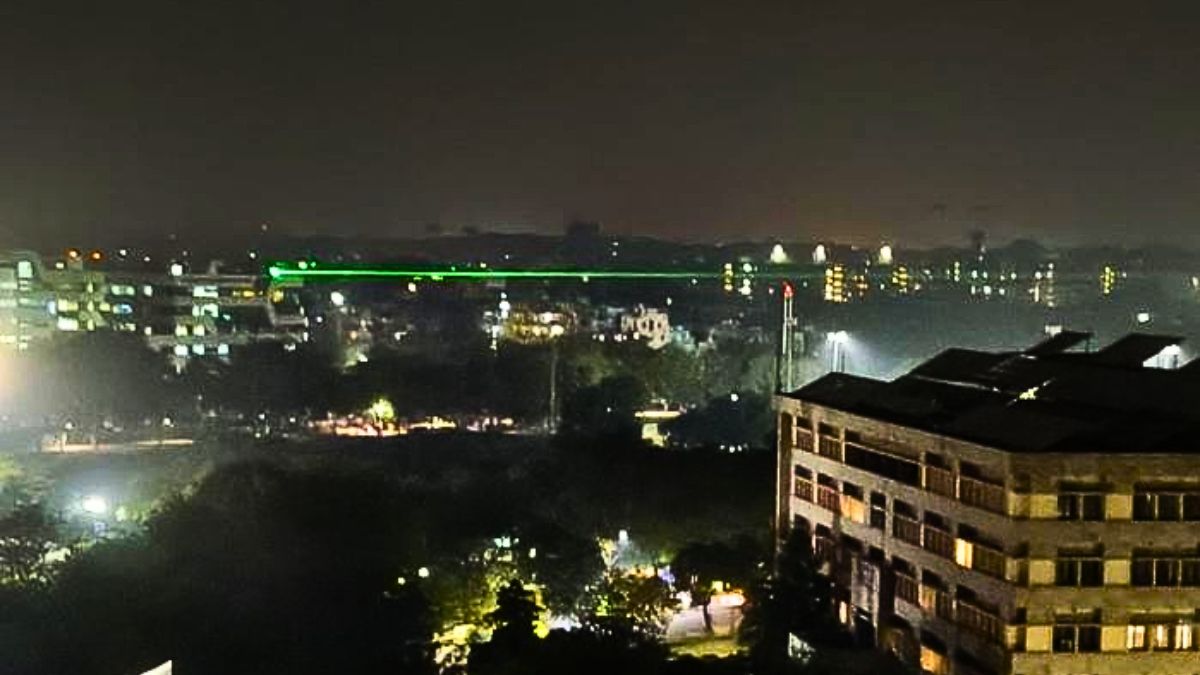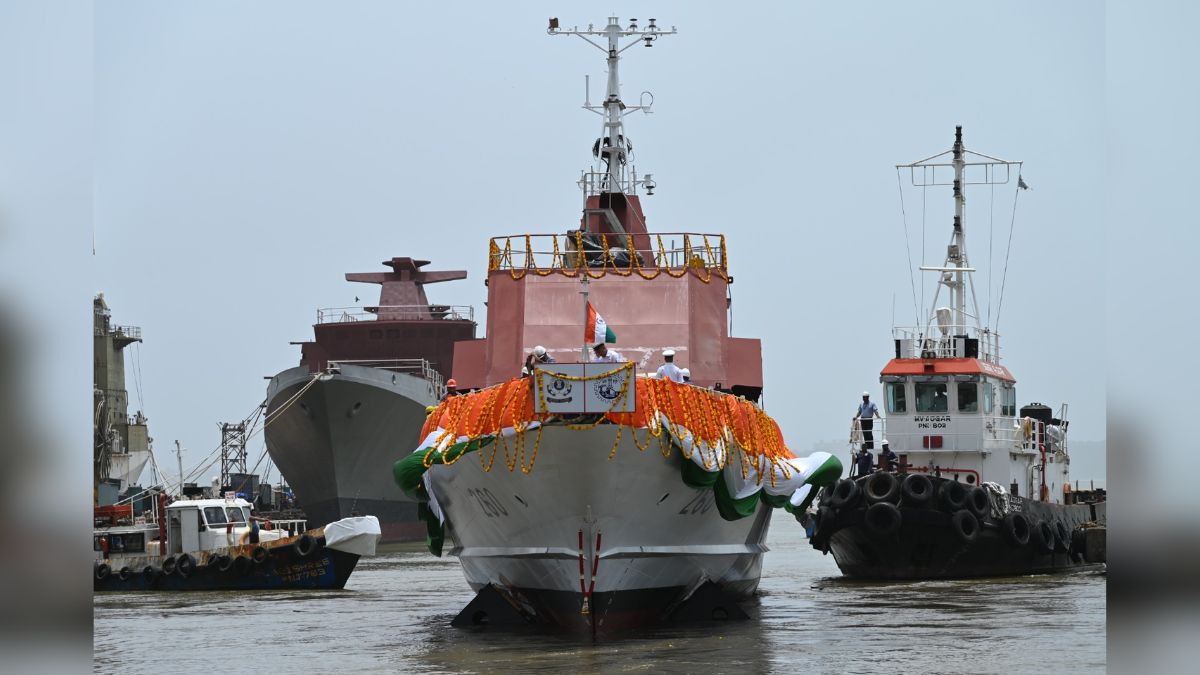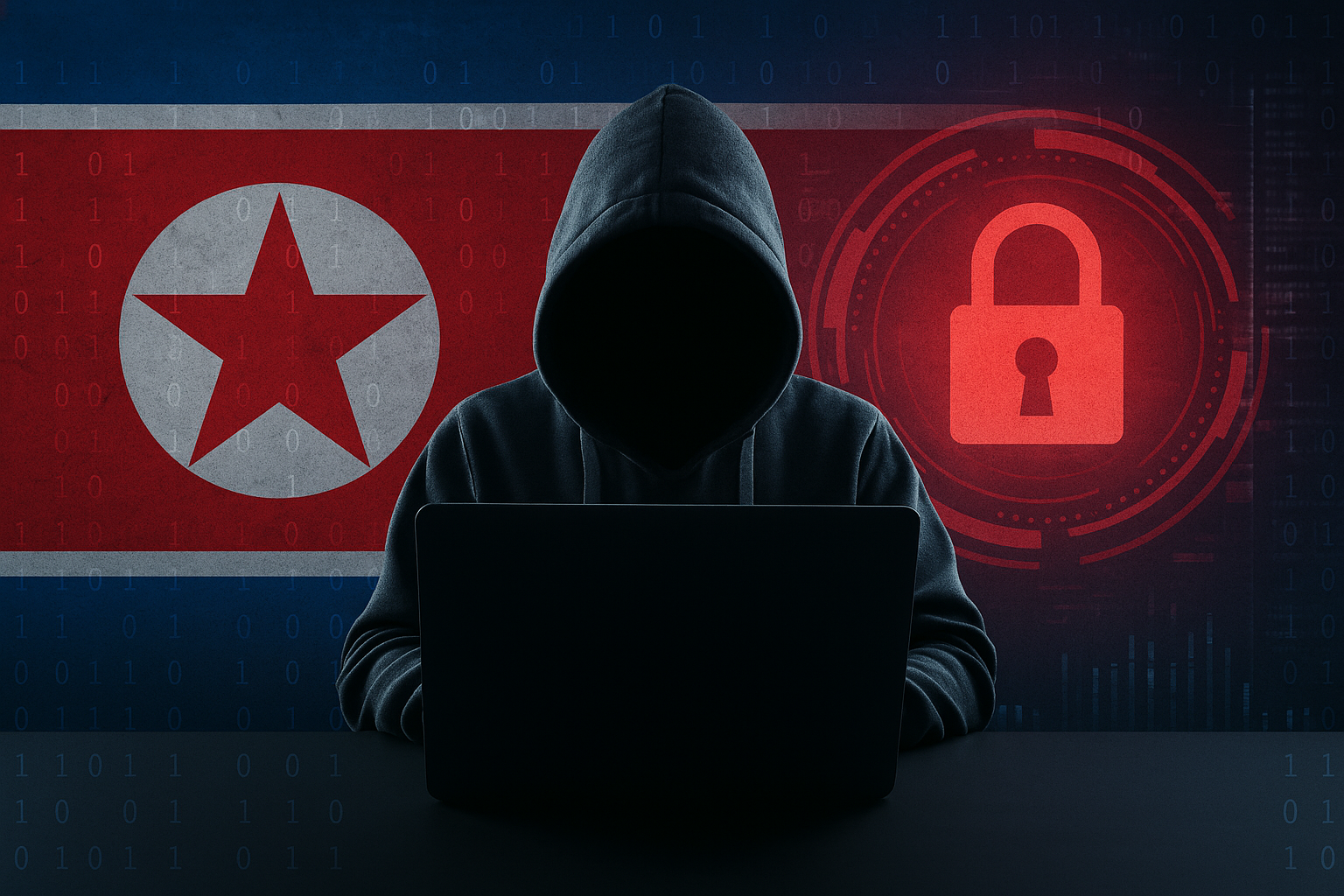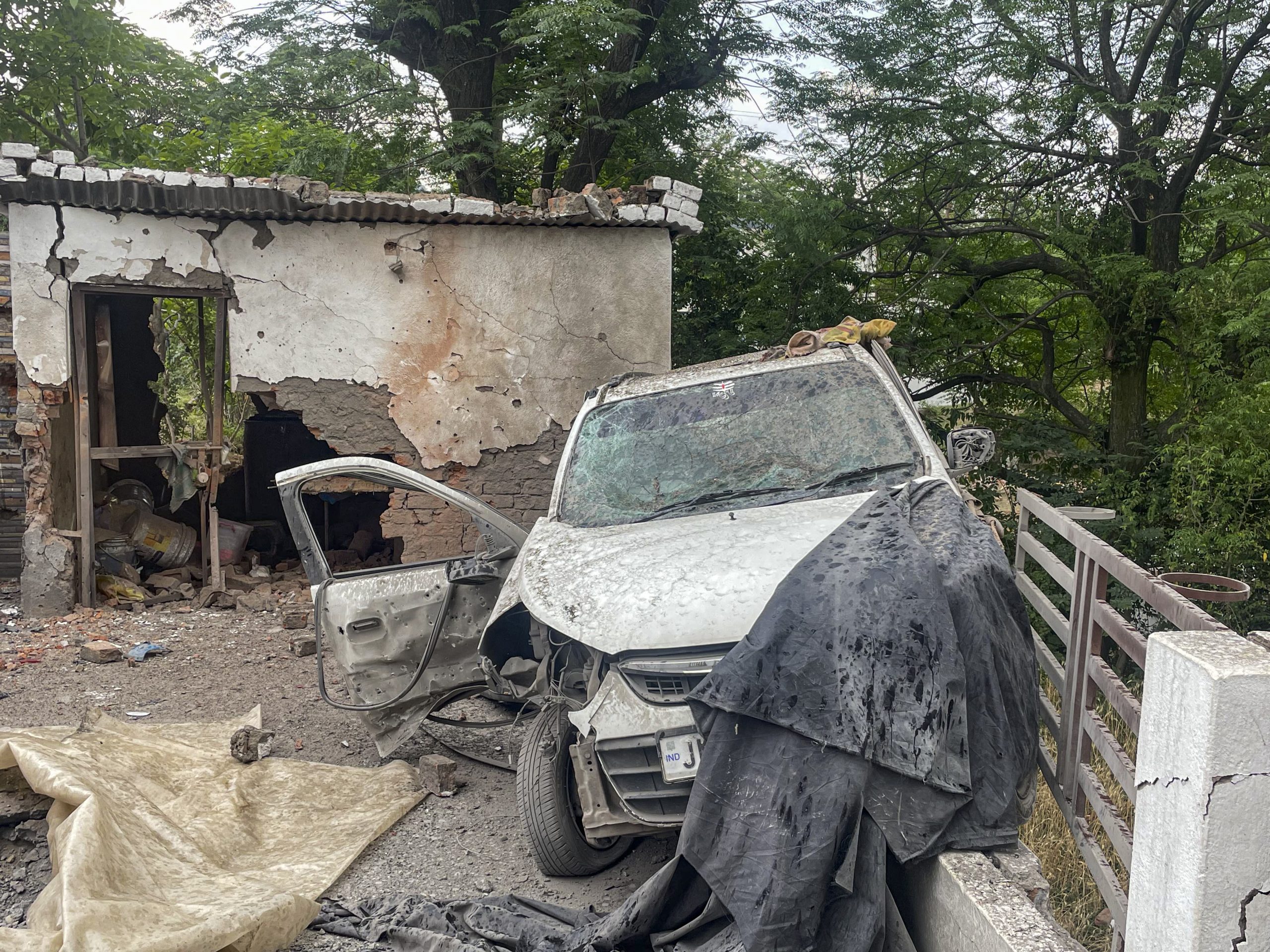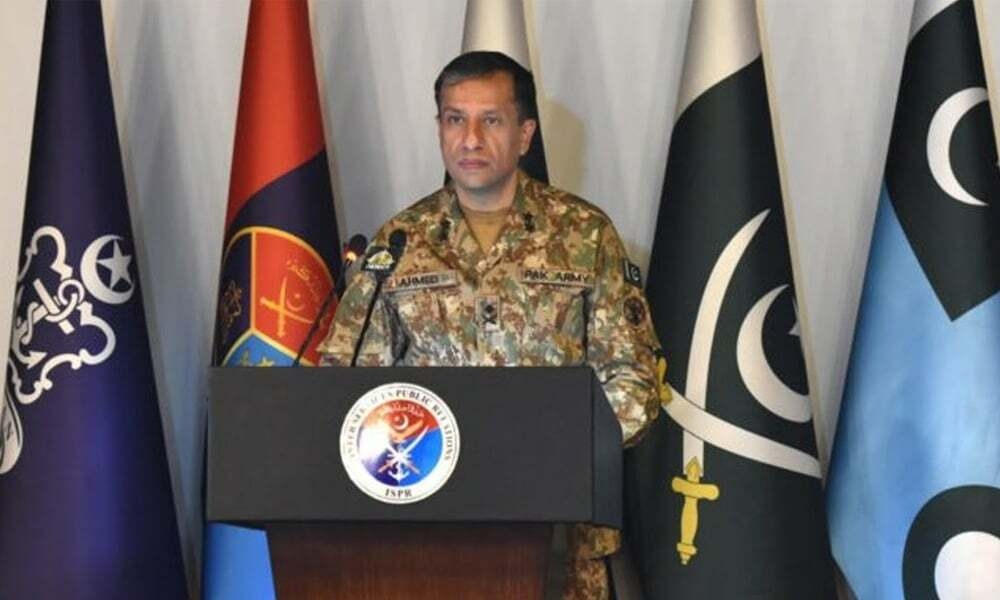J&K Approves Deployment Of 4,000 Ex-Servicemen To Guard Key Infrastructure
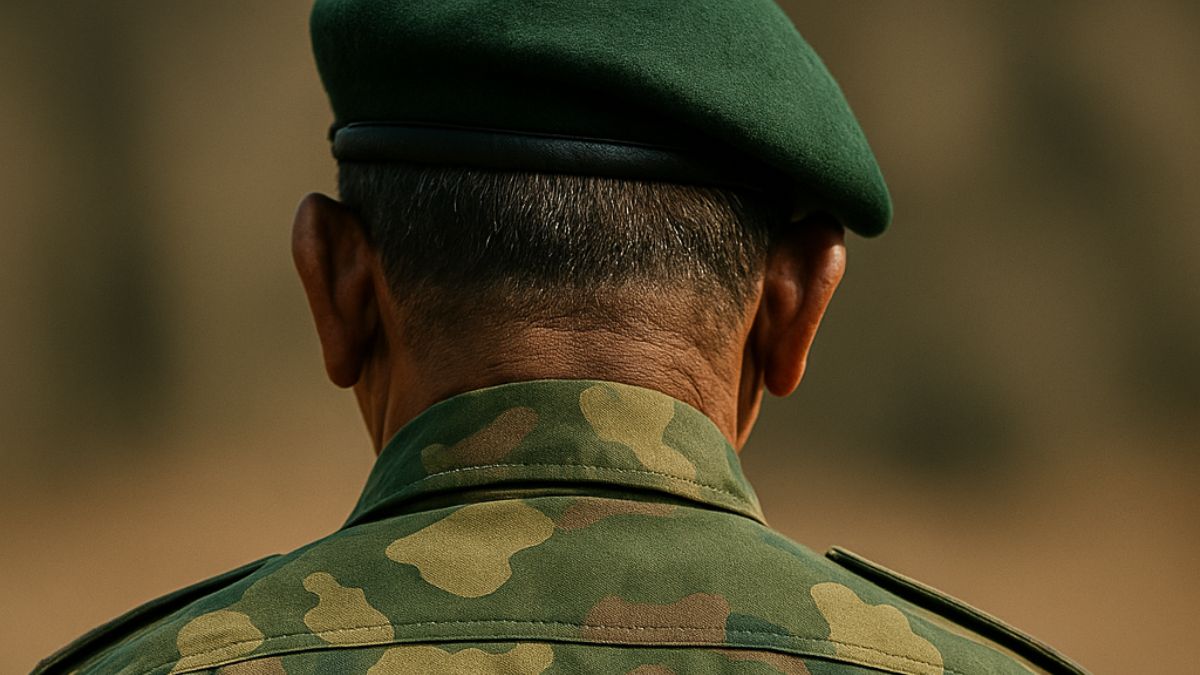
Jammu and Kashmir government has approved 4,000 ex-Servicemen for static guard duties of key establishments. Image courtest: AI-generated image via DALL-E
The Jammu & Kashmir government has approved a proposal to deploy Ex-Servicemen (ESM) for the protection of critical infrastructure across the Union Territory. The initiative, advanced by the J&K Sainik Welfare Board, will see 4,000 veterans mobilised for static guard duties at key installations, marking a significant step in community-based security and civil-military collaboration.
The move leverages the discipline and experience of former military personnel to bolster local security. Among the volunteers, 435 possess licensed personal weapons, enhancing the overall deterrent capability in sensitive zones. The deployment will cover all 20 districts of J&K and focus on securing vulnerable sites such as power stations, government buildings, communication infrastructure, and key bridges.
How will the programme be implemented?
The Ex-Servicemen will operate under the coordination of District Sainik Welfare Officers (DSWOs), and their efforts will be closely aligned with local police and district administrations. While their role is strictly non-combatant, their presence is expected to provide a visible deterrent and improve response times to localised incidents.
Key components of the initiative include:
- Static guard duties and surveillance at identified critical points
- Participation in local security coordination without direct law enforcement authority
- Provision of uniforms and essential equipment through the Sainik Welfare Board
- Administrative and logistical support from the respective district authorities
- Scheduled training and orientation programmes to standardise conduct and effectiveness
The deployment model draws from the success of a similar volunteer effort during the COVID-19 pandemic, when 2,500 Ex-Servicemen assisted the administration.
What does this mean for security and civil society?
The initiative aims to enhance infrastructure security without increasing the burden on regular police forces, especially in regions where critical assets are spread across remote and difficult terrain.
This initiative not only utilises the discipline, experience, and commitment of the ESM community but also represents a model of inclusive and participatory security.
It further cements the Indian Army’s legacy of service beyond the battlefield, contributing meaningfully to civil society and local governance structures in Jammu and Kashmir.
